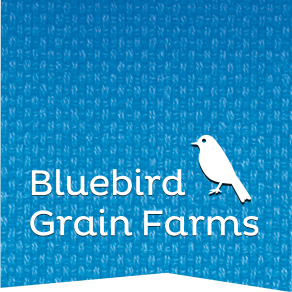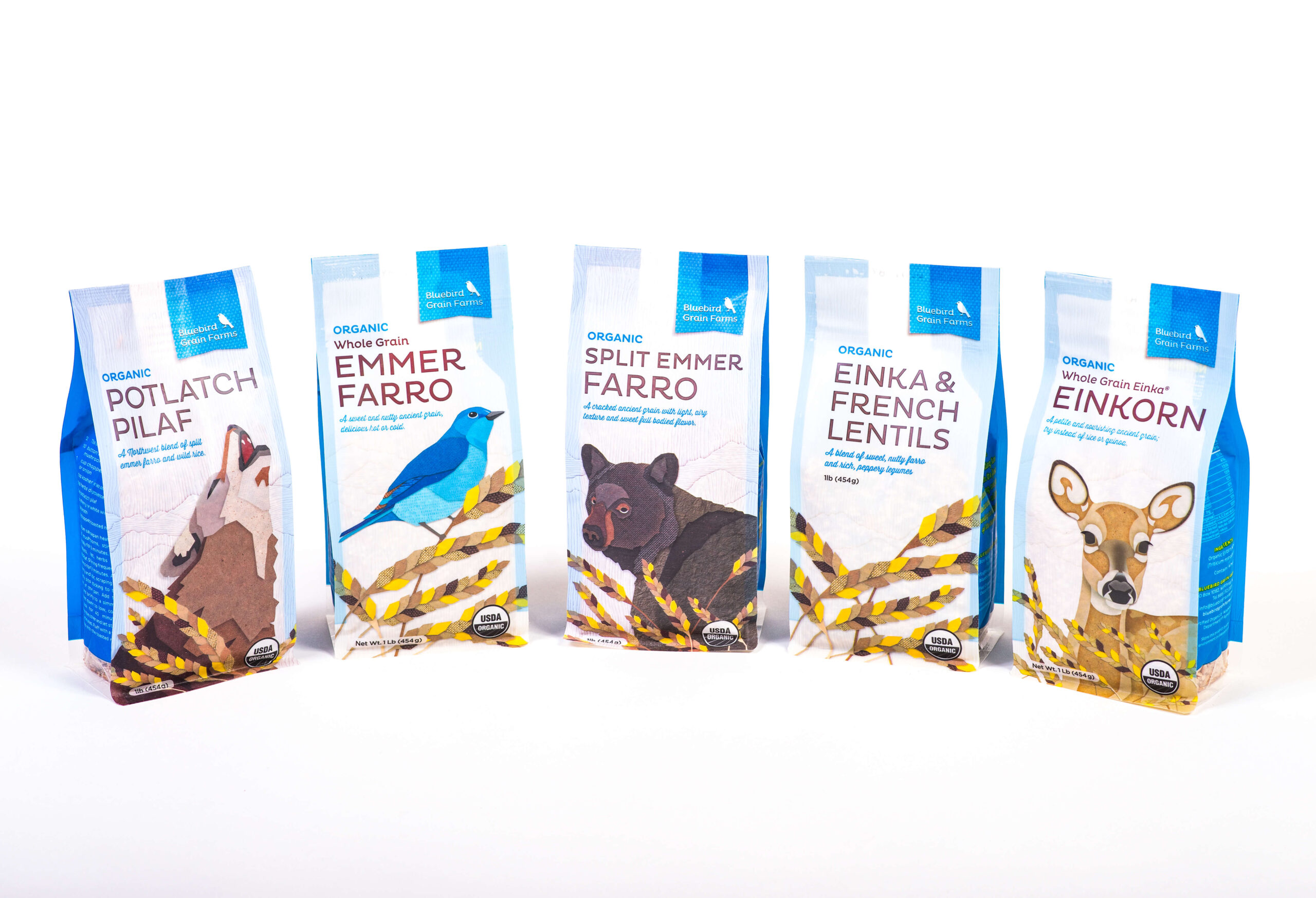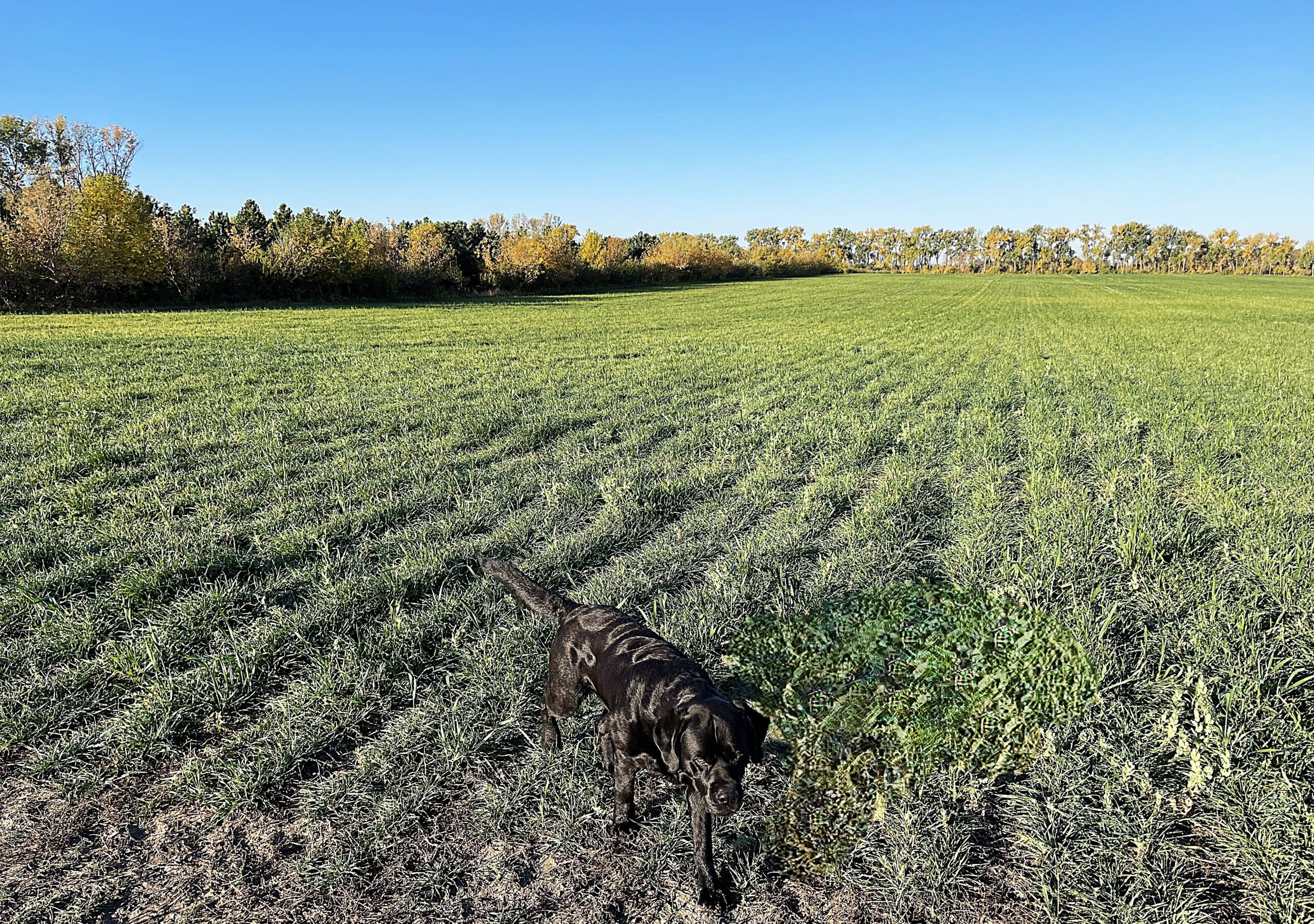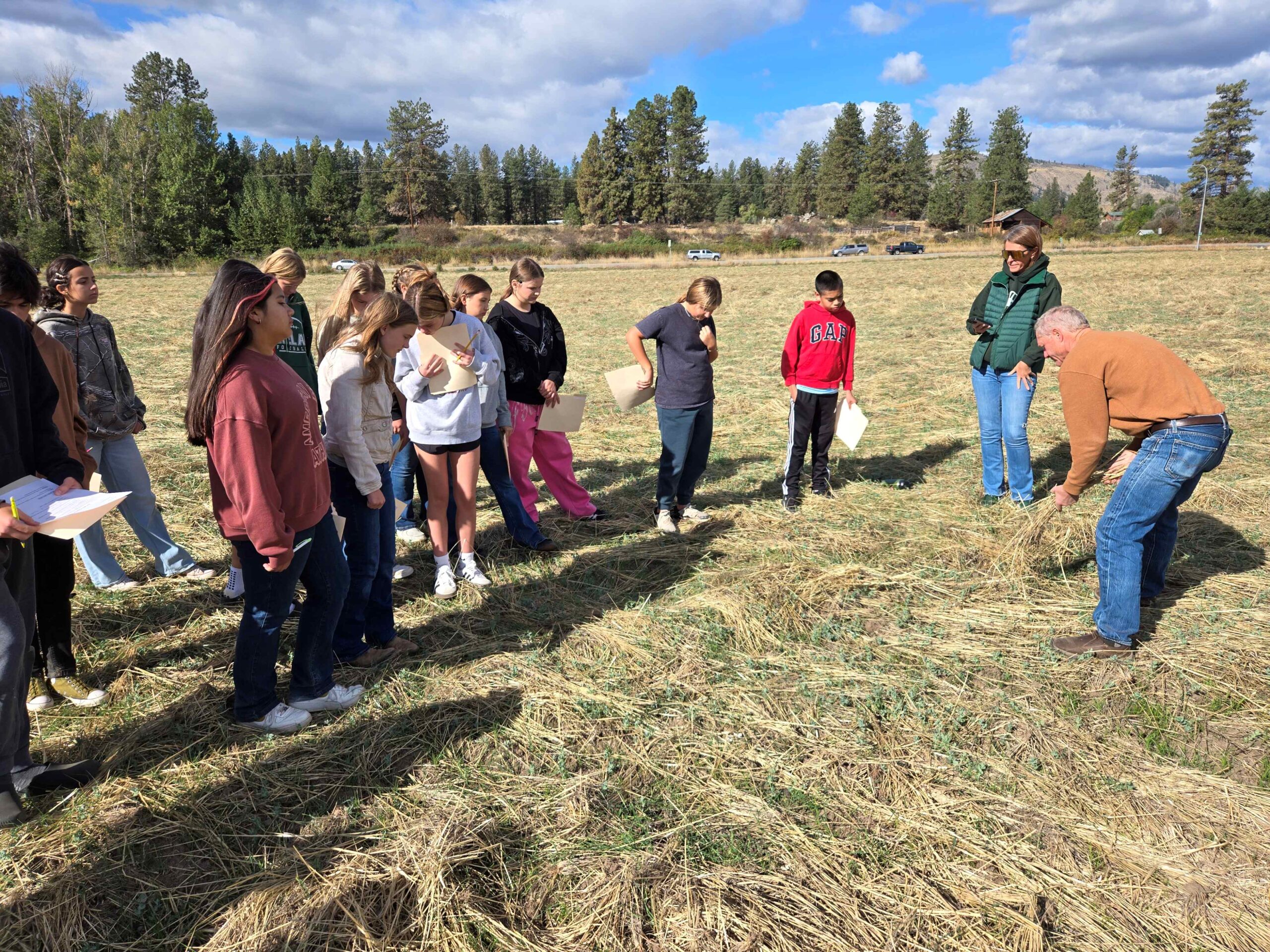A finer April I can’t recall. With a brilliant, boundless blush of Arrowleaf Balsamroot flooding the green foothills and birdsong filling the air against a snowy backdrop of the North Cascades, one has to pause and pinch just to confirm it is real. Beauty at the start of May – a beauty only Mother Nature herself could conjure up. She never ceases to amaze.
As the mountains thaw and the streams and rivers swell I am reminded once more how this specific hydrology affects the soil profile here in the valley long after the last snow patches have disappeared. This May, all the vernal pools are filling to the brim and the hidden lives within are coming forth. Most notably the evening cacophony of various frogs. Such the pleasant sound this lullaby of spring, health and purity. The earlier spring birds have arrived and most are either nesting or working that way fast. It won’t be long into this month of May before we see the tanagers, orioles, buntings, chats… perhaps the first fledglings from resident robins, as well. Stay tuned.
Early April gave us a little rain before drying off from there. However, with all the moisture recharge the fields are in good shape as is the rest of the countryside. The winter peas have awakened and begun to steadily grow. On the home field here at the Farm, we have a thick, lush winter pea crop. These peas will likely go to flower in June and that is when we will turn them under to set the stage for either a fall seeded, or next spring’s grain crop.
Our partners out on the prairie are beginning to roll and currently they are seeding spring peas into their glorious soils built up over many years of their Regen practices. The Schmaltz Family continues to be a leader in Regenerative Organic Agriculture, and continues to push the limits of what is possible not only in crop nutrient density, but harvest volumes as well. As always, we are very grateful to have their support. Here in the lower Columbia Basin Lenwood Farms already has all their peas planted and soon will be onto plating einkorn. Most of you already know the high quality of these grains we process to order, and ship out of Bluebird both near and far.
Yes, we have been doing a fair bit of shipping lately! The flour mill stays busy, we are dehulling another lot of emmer as I write, and our supply of goods is solid until harvest. Being founders in the domestic “ancient grain” movement, we learned early on not to promise more than we can deliver. As the years go by – 20 this year! – we recognize all the more how important it is to be consistent. When I say this I’m talking about consistent service, consistent quality, consistent improvement. We love feedback, and welcome any suggestions on how we can improve anything. We may not always be able to accommodate, but our customers are always paramount, whether a large account or small.
With the continued and increased push back against criminalizing prevalent herbicides such as glyphosate – now on a state by state level in many cases – we feel most fortunate to have taken the organic path from the beginning. Of course, the ancient wheats Bluebird is known for: emmer and einkorn, have been perfect for this path. We will see how much traction the MAHA movement gets? Regardless, you can rest assured that nothing much is different at Bluebird than it was when we began. Custom milled tasty, nutritious, uncontaminated grains from our farms to your plate remains our credo. We feel honored.
Farm Bill update: Nothing new with that, either! The extension that exists until September will likely get extended – the rocky road to bipartisanship notwithstanding. Remember the Farm Bill… the $30 billion annual taxpayer handout to largely corn, soy, and wheat farms? Non-organic remains mandatory criteria for these subsidies. In other words, the funds go to supporting a variety of unsustainable farm practices – not the least being heavy reliance on chemicals from other countries.
Alas, cheer up, it’s spring! Get out and feel the earth, smell the air, listen to the birds. Nature has heeled us before, we can only hope she will continue to. I’d say we owe her the utmost of respect and treat her in a healing manner ourselves.
Yours,
Farmer Sam
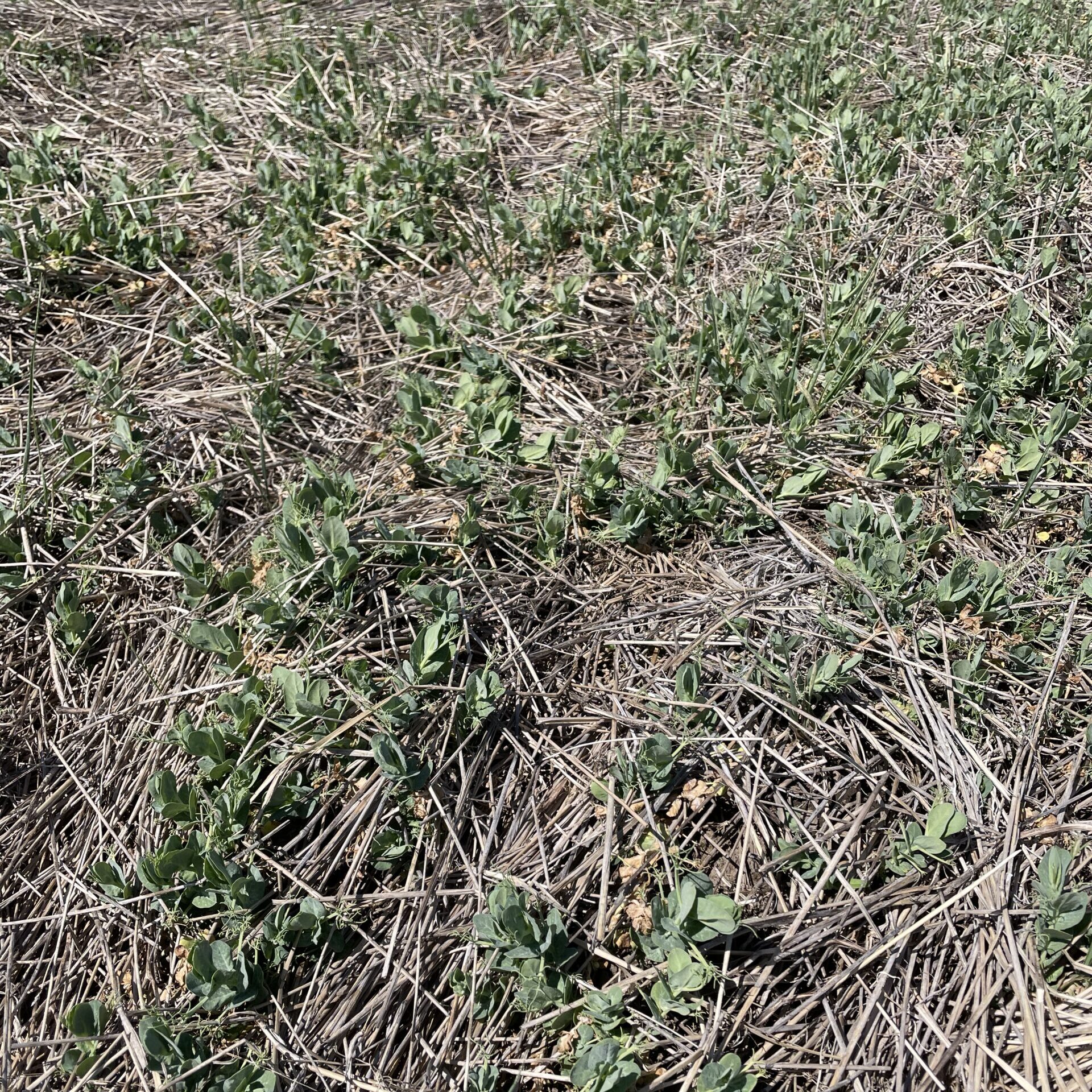
Our field peas are just emerging—fixing nitrogen and laying the groundwork for healthy soil. They’re sprouting through a thick layer of Einkorn straw left intentionally from last year’s harvest. This straw isn’t waste—it’s a powerhouse. It locks in moisture, shields out weeds, and feeds the living soil web beneath: fungi, microbes, earthworms, and more.
